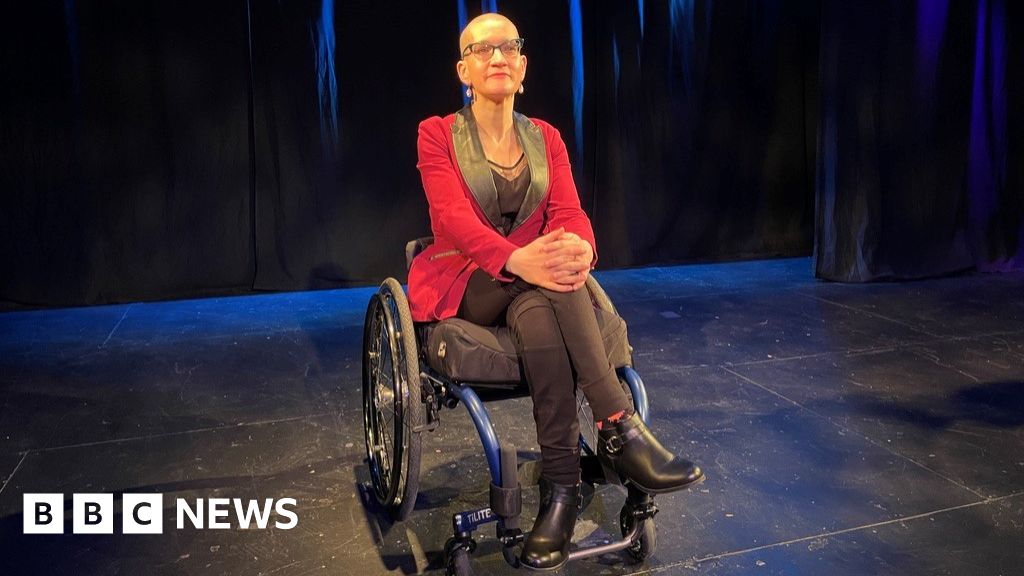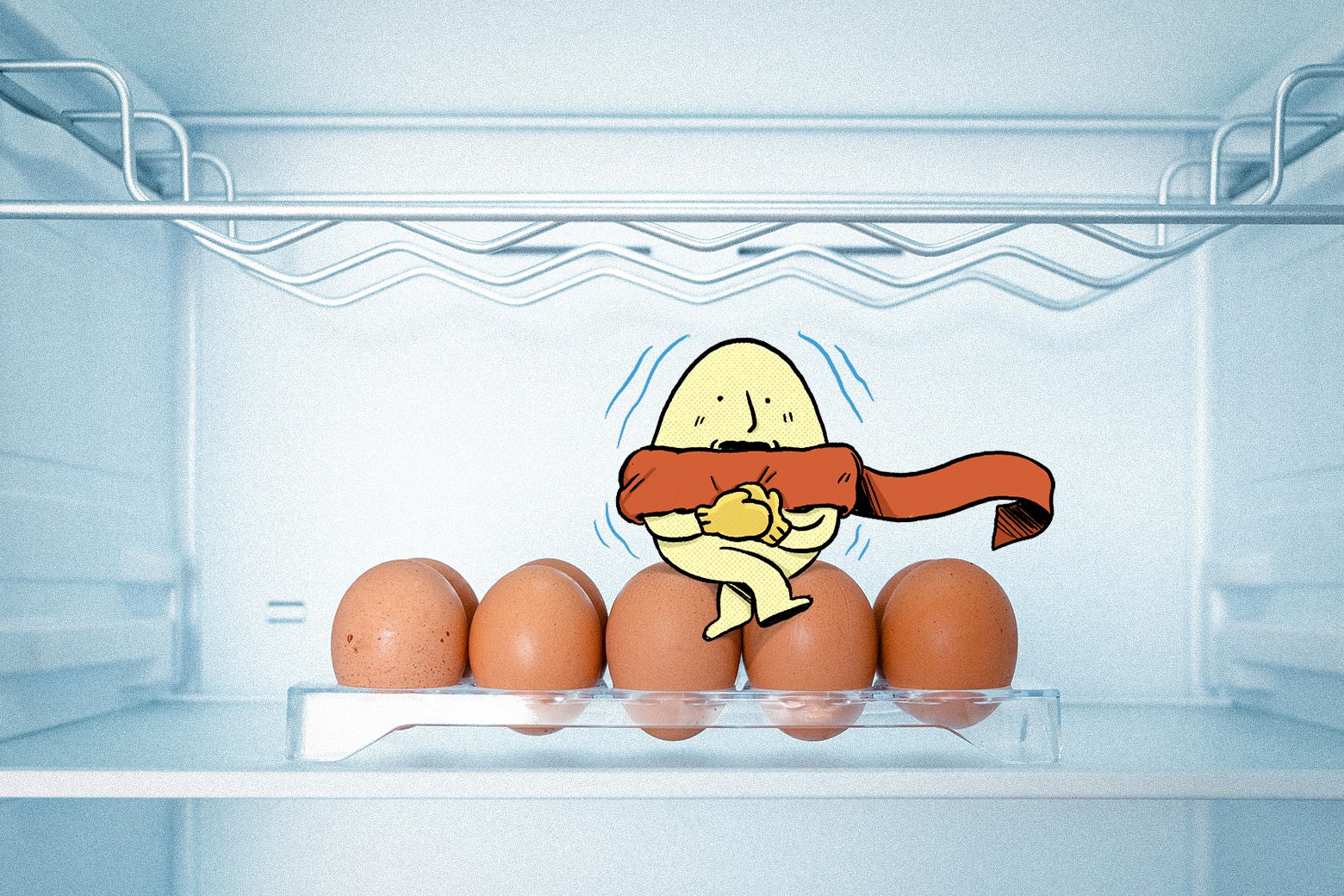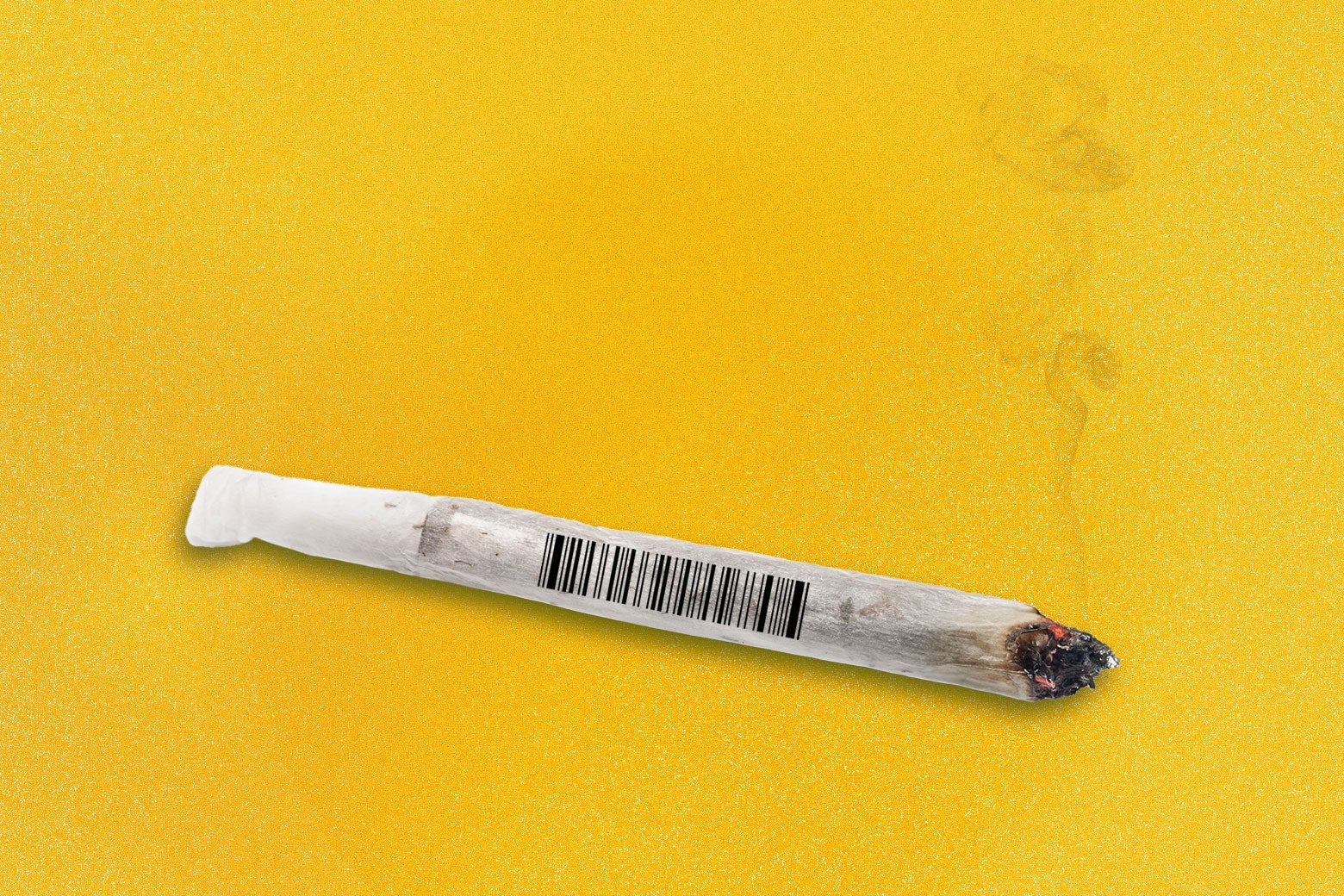'I could live 30 years but plan to die': How assisted dying law is dividing Canadians

In a poignant and thought-provoking narrative, April Hubbard, a 39-year-old performance and burlesque artist from Halifax, Nova Scotia, has made the profound decision to end her life through Canada’s Medical Assistance in Dying (MAID) program. Despite not being terminally ill, she has been granted approval to access this option, a decision she intends to exercise in the near future, shortly before her 40th birthday. During a heartfelt conversation with BBC News inside the intimate Bus Stop Theatre, the very stage where she has often performed, April reveals her plans for this final act of her life.
Illuminated by a solitary spotlight, April envisions her last moments to be surrounded by her loved ones, describing a scene filled with warmth and affection. She states, “I want to be surrounded by the people I love and just have everybody hold me in a giant cuddle puddle and get to take my last breath, surrounded by love and support.” This decision comes after enduring decades of debilitating pain due to her condition, spina bifida, compounded by the discovery of tumors at the base of her spine. April has been reliant on strong opioid painkillers for over 20 years, and despite the possibility of living for many more years, the quality of her life has significantly deteriorated.
April's story is one of many emerging in Canada, where the assisted dying conversation is becoming increasingly complex. As she shares her experience with the BBC, lawmakers in the UK are deliberating legalizing similar measures in England and Wales. In November 2024, MPs indicated their preliminary support for such legislation, but the path towards enactment remains fraught with scrutiny and further voting sessions in both the House of Commons and the House of Lords are necessary. Meanwhile, the BBC recently documented another man’s end-of-life journey in California, highlighting the broader implications and ethical considerations surrounding assisted dying laws.
Critics of Canada’s approach argue that the country exemplifies the so-called “slippery slope” effect, wherein initial laws governing assisted dying may gradually expand in scope and reduce essential safeguards. Introduced in 2016, Canada’s MAID program initially allowed only those with terminal conditions to qualify. However, in a significant policy shift in 2021, the requirement of terminal illness was lifted, and by 2023, the Canadian government is set to extend eligibility to adults suffering solely from mental illnesses without any physical illness. This extensive expansion of the law has raised alarms among some advocates, who contend that it could lead to a dangerous normalization of death as a treatment option for individuals with disabilities and complex medical challenges.
Andrew Gurza, a disability awareness consultant and a friend of April, articulates concerns regarding the accessibility of support services for those with disabilities. He points out that, in Canada, it appears more feasible to obtain medical assistance in dying than to find adequate government support to enhance life. “If my disability declines and my care needs got higher, I’d still want to be here,” he says, expressing his fears about a societal shift that could treat death as an easy alternative rather than fostering a culture that encourages living despite challenges.
Prior to being approved for MAID, April underwent a thorough evaluation by two independent physicians, both of whom were required to inform her about potential alternatives to alleviate her suffering. “The safeguards are there,” she asserts, emphasizing that the process is not simply about hastening death but rather a careful consideration of the individual’s situation. April believes that if someone is not genuinely seeking this option, they will not qualify unless they meet the strict criteria.
In 2023, Canada reported 15,343 MAID deaths, constituting approximately 5% of all deaths nationwide. This figure underscores a significant rise since the program's inception, marking Canada as one of the leaders in assisted dying laws globally. The average age of those opting for MAID was 77, with cases primarily overseen by medical professionals who provide voluntary euthanasia. Dr. Eric Thomas, a practitioner who has facilitated 577 patients through this process, expresses a deep commitment to ensuring that patients are in control of their final moments, surrounded by their families.
Dr. Konia Trouton, president of the Canadian Association of MAID Assessors and Providers, mirrors this sentiment, stating that each procedure is carried out with the utmost respect for the patient's wishes. She highlights the importance of enabling individuals to make their own informed decisions while ensuring that the process is dignified. However, the stark contrast between Canada’s MAID and proposed legislation in the UK raises significant ethical questions. While the UK bill suggests patients must be terminally ill and expected to die within six months, Canada allows for those not in immediate danger of death to seek assistance based on intolerable suffering.
Critics like Dr. Ramona Coelho, a GP in Ontario, argue that the current application of MAID in Canada reflects a troubling trend where individuals in distress are quickly ushered into death rather than being offered support and care for their ailments. She expresses apprehension that the system has spiraled out of control, suggesting that the focus has shifted from preserving life to expediting death, particularly for vulnerable populations. Vicki Whelan, a retired nurse, echoes this sentiment, recounting her experience with her mother, who was repeatedly presented with MAID as an option in her final days. Whelan argues that this approach instills a sense of hopelessness, suggesting a societal shift wherein enduring pain is no longer seen as a viable option.
The ongoing debate around assisted dying in Canada remains fraught with emotion and complexity, reflecting deep divides in public opinion and ethical considerations surrounding life, death, and the right to choose one's fate.

























